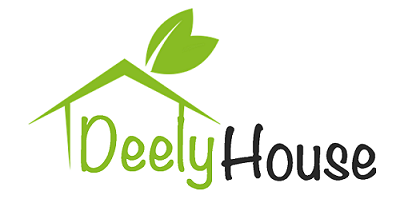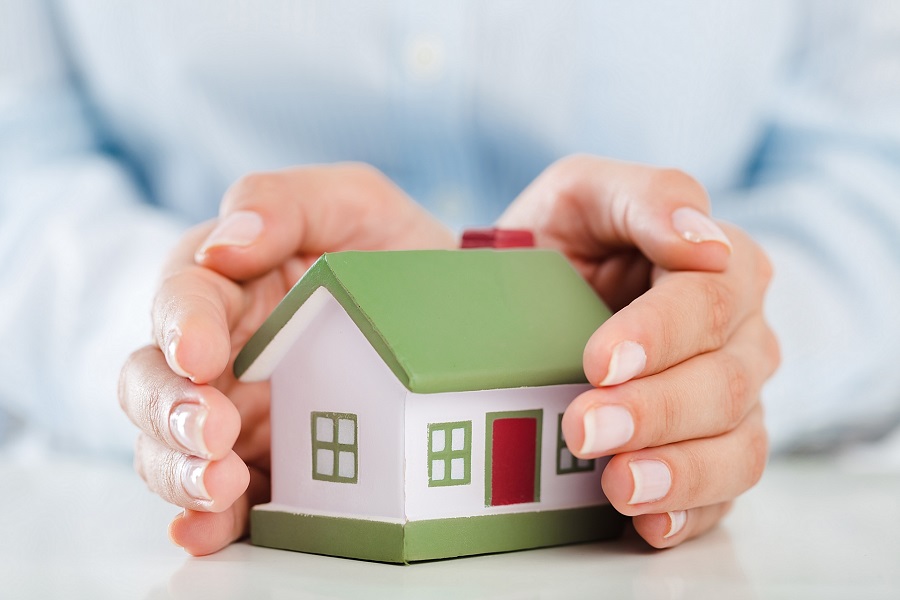The novel coronavirus has upended billions of lives worldwide and done the same to almost every country’s economy. Just about every form of commercial activity has felt the impact of COVID-19, and it is not always clear when business as usual will resume. As information from NRIA online makes clear, the real estate market in the United States will almost certainly be transformed in long-lasting ways.
Mixed Messages Are Coming From Different Real Estate Markets
A global pandemic of any kind cannot help but disrupt established routines and overturn longstanding assumptions. Businesses of virtually all kinds have felt plenty of pressure from the ways in which the new coronavirus has affected everyday life.
Real estate investors, developers, and managers have been anything but immune to these sorts of disturbances. A report found on the site linked above describes how COVID-19 is affecting real estate markets like:
- Commercial. Companies that develop or lease commercial properties have likely suffered more from the novel coronavirus than real estate businesses of any other type. As soon as the pandemic spread to the United States, businesses everywhere started sending workers home. Many have yet to return to anything resembling normal operations, whether because of work-from-home arrangements or shuttered retail presences. New commercial leasing activity has declined to a fraction of recent averages and is not expected to rebound very quickly. Some analysts even predict that developers will build far fewer new commercial units in coming years than they did in the past.
- Mass-market housing. Shopping for a new home used to be an eagerly anticipated feature of springtime for many. The spread of COVID-19 reduced the most recent spring home-buying season to a shadow of its usual self. Despite that, many analysts feel that a resurgence in this area is in the offing. As infection rates begin to taper off, people who have been planning home purchases will almost certainly feel inclined to pursue their dreams again. That could still leave a significantly lessened pace of new development the new norm in the mass-market housing arena for quite a while to come.
- Luxury housing. Wealthy people who buy homes worth several million dollars or more have been less chastened by the global pandemic than those of modest means. In fact, luxury home-buying activity in certain markets has remained at relatively healthy levels compared to where it was a year ago. Executives and others with ample resources have found the current climate welcoming of their plans to move into larger, more luxurious houses. Spending more time at home can make such surroundings even more attractive than they would be in normal times.
Analysts Foresee Plenty of Difficulties to Come
There can be no denying that COVID-19 has impacted the real estate industry in profoundly negative ways, in general. While there are certainly some bright spots to be appreciated, the overall outlook is one where plenty of challenges will need to be overcome in the near future. Real estate companies that have proved the most competitive in their areas of specialization will be the most likely to get things moving again when that becomes practical.

